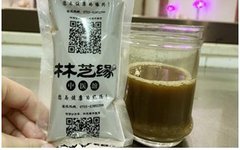Customers have often reported that the prescriptions for traditional Chinese medicine (TCM) are difficult to drink and hard to swallow, leading them to inquire about the availability of pills and pastes for easier consumption.
Today, we will discuss the common forms of TCM preparations.
 Decoctions (汤剂)
Decoctions (汤剂)
 Decoctions are liquid preparations made by soaking and boiling herbal pieces in water or alcohol, then straining to obtain the liquid form. Currently, decoctions are the most traditional and commonly used in clinical practice. Decoctions can be taken internally or used externally, such as in baths, fumigation, or gargling.
Decoctions are liquid preparations made by soaking and boiling herbal pieces in water or alcohol, then straining to obtain the liquid form. Currently, decoctions are the most traditional and commonly used in clinical practice. Decoctions can be taken internally or used externally, such as in baths, fumigation, or gargling.
|
Advantages of Decoctions |
|
1、Quick onset. The effects of TCM decoctions can be rapidly observed, with particularly effective herbs showing results within hours. |
|
2、Convenient adjustment of herbs. During treatment, it is possible to adjust the herbs based on the patient’s condition. |
|
Disadvantages of Decoctions |
|
1、Generally, decoctions are measured in bowls, and most TCM herbs are bitter. Even with the addition of sweet ingredients like licorice, the taste is not very pleasant. Some herbs are particularly bitter, making them even harder to swallow. |
|
2、Since each decoction is tailored to the individual, they are usually prepared daily. Currently, hospitals and clinics offer decoction services, but these are typically for several days’ or even dozens of days’ worth of doses, which complicates storage and is not suitable for mass production. |
|
3、Uncooked herbal pieces can be carried, but they are still relatively bulky; cooked decoctions, being liquid, are heavy and cumbersome, especially when traveling. |
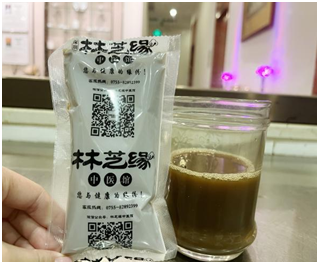

 Pills (丸剂)
Pills (丸剂)

|
1、Pills generally take several weeks or even months to exert their effects, which is much slower than decoctions. |
|
2、Pills are usually produced in large quantities, but with advancements in technology, small batch customizations are now possible. However, even small batches can last for several months. |
|
3、Convenient for travel and consumption. |
|
4、Mainly used for chronic diseases and sub-healthy populations. |
Honey Pills (蜜丸): Honey pills are made by grinding herbs into fine powder and using honey as a binding agent. They have nourishing and flavor-correcting properties and are often used to treat chronic diseases and conditions of weakness, requiring long-term use.
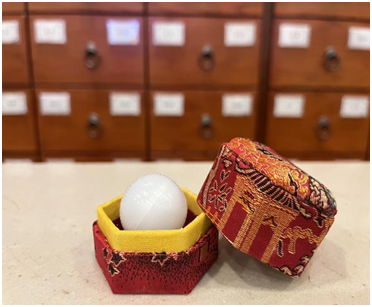
Water Pills (水丸):Also known as water-dissolved pills, these are made by using water (cold boiled water or distilled water) or alcohol, vinegar, honey water, or herbal juice as a binding agent to form small pills. Water pills dissolve easily, absorb quickly, and are easy to swallow, suitable for various diseases.
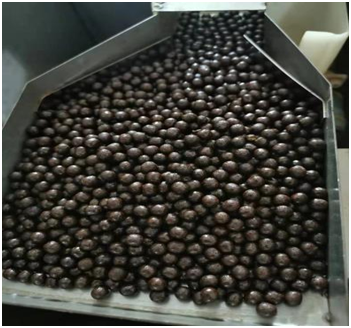 Concentrated Pills (浓缩丸): Concentrated pills are made by concentrating the decoction of herbs or part of a formula into a paste, then mixing it with powdered herbs and drying it before forming pills with water, honey, or herbal juice. Concentrated pills are small in size, high in active ingredients, and require a small dosage, making them suitable for treating various diseases.
Concentrated Pills (浓缩丸): Concentrated pills are made by concentrating the decoction of herbs or part of a formula into a paste, then mixing it with powdered herbs and drying it before forming pills with water, honey, or herbal juice. Concentrated pills are small in size, high in active ingredients, and require a small dosage, making them suitable for treating various diseases.
 Pastes (膏剂)
Pastes (膏剂)
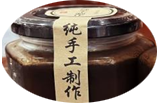
|
1、Pastes generally require boiling first, then straining and concentrating. The preparation process is time-consuming, usually taking several days. The processing of pastes requires a professional pharmacist, making it difficult for the general public to complete. |
|
2、Long-lasting effects: Pastes often contain gelatinous components that help retain their medicinal properties. |
|
3、Convenient to carry. |
|
4、Suitable for nourishing, for individuals with physical weakness, insufficient qi and blood, and those with liver and kidney deficiency. |
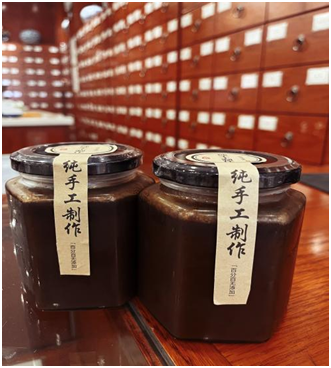
Author of this article:Wu Xiaomei (Herbal Pharmacy)
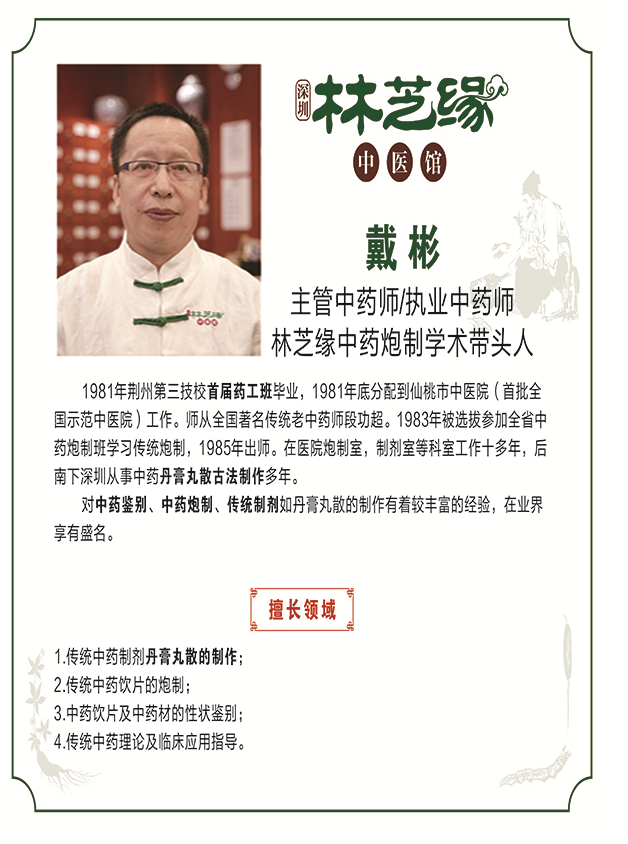 Lin Zhiyuan TCM ClinicVIP one-on-one WeChat account↓
Lin Zhiyuan TCM ClinicVIP one-on-one WeChat account↓ Creating a TCM clinic with flavor and substanceWe are always on the way…
Creating a TCM clinic with flavor and substanceWe are always on the way…

